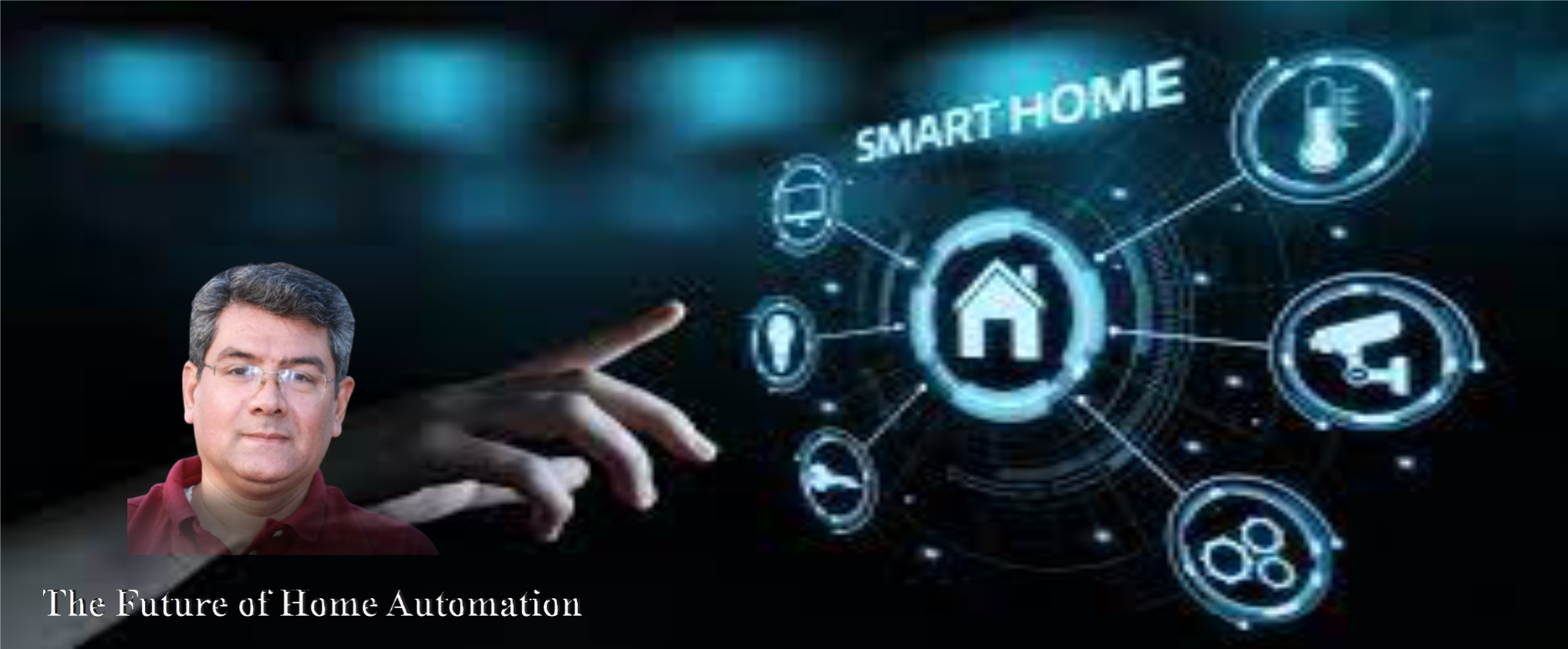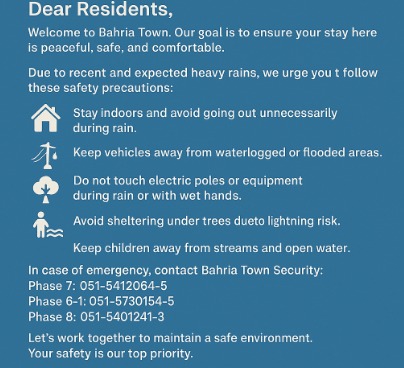
In recent years, home automation has transformed from a futuristic concept into a reality for homeowners across the globe. With the rise of smart technology, automation has become an essential part of modern living, offering convenience, energy efficiency, security, and a personalized living experience. Whether you're a tech enthusiast or just starting to explore the possibilities, home automation provides a world of opportunities to improve your everyday life.
What is Home Automation?
Home automation refers to the use of technology to control various systems and devices in your home remotely or automatically. It includes everything from lighting and thermostats to security systems, kitchen appliances, and entertainment setups. Through smart devices like thermostats, smart speakers, security cameras, and even refrigerators, you can control your home from your smartphone, voice assistants like Amazon Alexa, Google Assistant, or even through automated routines that work on their own.
The Key Benefits of Home Automation
- Convenience and Control at Your Fingertips
One of the most significant advantages of home automation is convenience. Imagine walking into your home after a long day and having the lights turn on automatically, your favorite playlist start playing, and the thermostat adjust to your preferred temperature—all without lifting a finger. Through your smartphone or voice commands, you can control and monitor your home from anywhere, making daily tasks simpler and more streamlined. - Energy Efficiency and Savings
Automated systems help optimize energy usage, which can lead to significant savings. Smart thermostats, for example, learn your preferences and adjust the temperature based on your schedule, ensuring you’re not wasting energy when you're not at home. Similarly, smart lighting systems can be programmed to turn off when rooms are unoccupied, reducing unnecessary electricity consumption. Over time, these energy-saving solutions can lower utility bills and reduce your carbon footprint. - Enhanced Security
A major concern for homeowners is the safety and security of their property. Home automation can significantly boost security by integrating surveillance cameras, motion sensors, and doorbell cameras that alert you to unusual activity in real time. Many systems also allow you to lock doors and windows remotely, add cameras to your front door, and even simulate your presence with timed lighting when you're on vacation. This provides peace of mind knowing that your home is secure, whether you're at home or away. - Customization and Personalization
Home automation allows you to customize your living space to suit your lifestyle. You can set routines that cater to your needs, such as dimming the lights and playing soothing music in the evening to create a relaxing environment. The ability to automate tasks like turning on the coffee maker in the morning or adjusting the blinds based on the time of day makes life more comfortable and personalized. Home automation lets you make your home truly “yours.” - Improved Accessibility
For individuals with mobility challenges or disabilities, home automation can provide valuable assistance. Voice-controlled smart devices allow people to perform tasks that might otherwise be difficult, such as adjusting lights, temperature, or even answering the door. This technology empowers people to take more control over their environment, improving their overall quality of life.
Popular Home Automation Devices and Systems
- Smart Lighting
Automated lighting systems allow you to control lights with voice commands or schedules. Brands like Philips Hue, LIFX, and Wyze offer smart bulbs that can change color and brightness, creating the perfect ambiance for any occasion. Motion sensors can also be installed to automatically turn on lights when you enter a room. - Smart Thermostats
Devices like the Nest Thermostat or Ecobee learn your schedule and preferences over time and adjust the temperature of your home accordingly. By optimizing heating and cooling, these thermostats save energy and improve comfort. Many can be controlled remotely through smartphone apps. - Security Cameras and Doorbell Cameras
Products like Ring or Nest cameras help you monitor the exterior of your home in real time, providing alerts when there’s movement or when someone is at your door. These systems can also integrate with other smart devices, such as lighting and locks, for a comprehensive security setup. - Voice Assistants
Devices like Amazon Echo, Google Nest Hub, and Apple HomePod act as the hub for your home automation system. These voice-controlled assistants allow you to interact with your home by giving commands such as “turn off the lights,” “play music,” or “set the thermostat to 70°F.” - Smart Appliances
Home appliances are becoming increasingly intelligent. Smart refrigerators can help you keep track of groceries, set reminders, or even allow you to view the contents remotely. Smart ovens, washers, and dryers can be controlled via apps, enabling you to start tasks while you're away from home. - Smart Locks
Electronic smart locks let you lock and unlock doors remotely, eliminate the need for physical keys, and provide secure access to guests or family members through codes or apps. Some smart locks even allow temporary codes for visitors or house cleaners.
Challenges and Considerations
While home automation offers many benefits, it’s not without challenges. One concern is the compatibility of different devices. Not all smart devices are compatible with each other, and choosing the right ecosystem (like Apple HomeKit, Amazon Alexa, or Google Assistant) can help ensure your devices work together seamlessly. Additionally, there are concerns around data privacy and security, as many smart devices collect data about your usage and habits.
Another challenge is the initial cost of setting up a home automation system. While some devices are relatively affordable, others can be pricey, and outfitting an entire home with automation technology requires a financial investment. However, the long-term savings on energy bills and increased home value can make it worthwhile.
The Future of Home Automation
The home automation industry is rapidly evolving, with new innovations and advancements being introduced every year. We’re already seeing trends like AI-powered assistants that anticipate our needs, greater integration between home automation and IoT (Internet of Things), and smart homes that can adapt to our moods or health conditions. In the near future, we can expect even more intuitive and interconnected systems that offer seamless experiences for homeowners.
As home automation technology continues to mature, it’s becoming an integral part of how we live. The promise of smarter, safer, and more efficient homes is no longer a distant dream—it's here, and it’s changing the way we interact with our living spaces.
Conclusion
Home automation is no longer a luxury reserved for the tech-savvy elite—it's becoming a standard for homes worldwide. With its promise of convenience, energy savings, enhanced security, and personalized experiences, it's no wonder that more and more homeowners are embracing smart technologies. As this field evolves, we can look forward to even more innovation, making our homes smarter, safer, and more comfortable than ever before.
Whether you’re looking to dip your toes into the world of smart homes or fully embrace it, home automation is a step toward a more connected and efficient lifestyle. Ready to make your home smarter? The future of living is just a few taps away!






















